ConMoto partner Dr. Marc Heinisch moderated an expert panel on the topic of “Circular Economy” at the Sustainability Congress 2024 in Berlin. The event is a leading platform for sustainability, where top managers and decision-makers from the German economy meet annually to discuss the latest trends and innovative solutions in the field of green economy and sustainability.

Marc Heinisch spoke about the challenges and opportunities of the circular economy with Martin Kopf, Kopf Holding and Chairman of the Board of Industrieverband Feuerverzinken; Dr. Jan-Philipp Mai, CEO Solar Materials and Frank Nebgen, Sustainability Lead Germany, Cisco Systems. The panellists discussed various aspects of recycling and reuse in in the daily business of companies: Jan-Philipp Mai addressed the complexity of recycling solar modules, which involves recovering copper, silver and silicon, among other materials. 98 percent of solar modules could be recycled. However, recycling capacities would have to increase exponentially in the coming years if – as expected – 100,000 tons of solar modules are to be recycled by 2030.
Frank Nebgen from Cisco, the largest manufacturer of network technology and network provider, spoke about his company’s sustainability strategies and cited the example of circular design, which makes it possible to build modular devices. This means that not only raw materials but also entire modules can be recycled. One major challenge here is logistical: “How do the devices get back to us?”. A point that Marc Heinisch also emphasized: Functioning supply chains are crucial for combining sustainability, a reduction in CO2 emissions and profitability. ConMoto is working on this with customers from all sectors.
The circular economy is also an important topic for the Kopf Group with its focus on hot-dip galvanizing. As Martin Knopf explained, the steel can be de-galvanized after use, i.e. its corrosion protection can be removed, and reused. This leads to considerable CO2 savings.
All members of the panel agreed that the circular economy and other sustainability issues will become much more important in the coming years. That is why it is important to raise awareness of the topic now among all those involved in supply chains, but also in politics and society.



 Deutsch
Deutsch